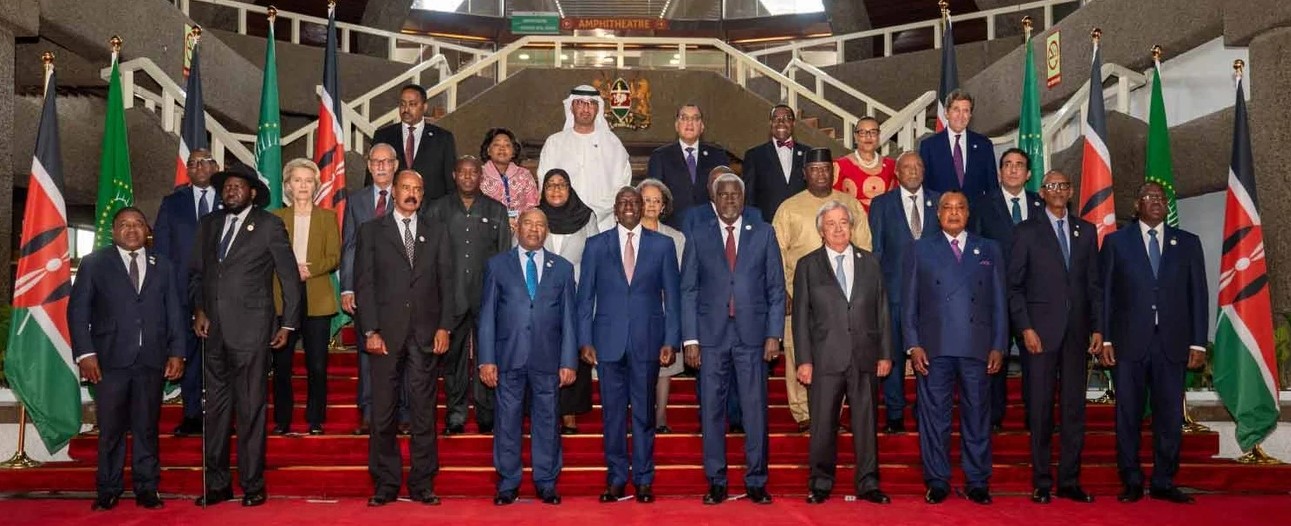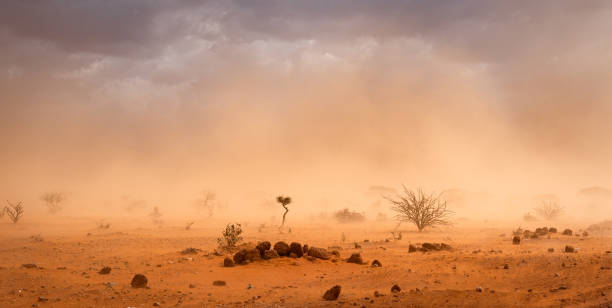Climate change poses severe risks to African nations, particularly those that are fragile or conflict-affected. As African leaders gather in Kenya for the upcoming African Climate Action Summit, they must develop strategies to assist these vulnerable states.
Countries like the Central African Republic, Somalia, and Sudan face extreme climate challenges, including floods, droughts, and storms, despite contributing minimally to global climate change.
These fragile states experience natural disasters at three times the rate of more stable countries, and these disasters displace over twice as many people compared to less fragile nations.
Geographically, fragile states endure higher temperatures than other regions. By 2040, they may experience an average of 61 days per year with temperatures exceeding 35 degrees Celsius—four times more than other countries. This extreme heat, compounded by more frequent severe weather, threatens public health, productivity, and key sectors like agriculture and construction.

A recent IMF report highlights the long-term macroeconomic impact of climate change on fragile states, noting that GDP losses can reach about 4 percent three years after extreme weather events, compared to roughly 1 percent in other countries.
Droughts in these states are expected to reduce annual per-capita GDP growth by about 0.2 percentage points, widening the income gap with other regions.
The heightened impact in fragile states stems from their hotter climate, ongoing conflicts, reliance on rainfed agriculture, and inadequate risk management. Conflicts often hinder effective climate risk management, as seen in Somalia, where terrorist groups obstructed humanitarian aid during the 2021-22 drought.
Climate shocks also exacerbate existing issues such as hunger and conflict. By 2060, climate change could increase deaths from conflict by nearly 10 percent and push an additional 50 million people into hunger in fragile states.
Their dependence on rainfed agriculture—contributing around 25 percent of their economic output—makes them especially susceptible to climate extremes. Many have insufficient irrigation infrastructure, which is often neglected or damaged by conflict.
Addressing these challenges requires substantial international support, including concessional financing and capacity development. Policymakers should focus on improving climate response mechanisms, building financial buffers, and enhancing social safety nets and insurance schemes. Additionally, investing in climate-resilient infrastructure is essential.
The IMF is increasing its support to fragile states through tailored policy advice, financial assistance, and capacity-building initiatives. While these efforts are vital, they represent only a fraction of what is needed globally.
The African Climate Action Summit could be a pivotal moment for developing effective solutions to mitigate the severe impacts of climate-related disasters on the continent’s people and economies.

